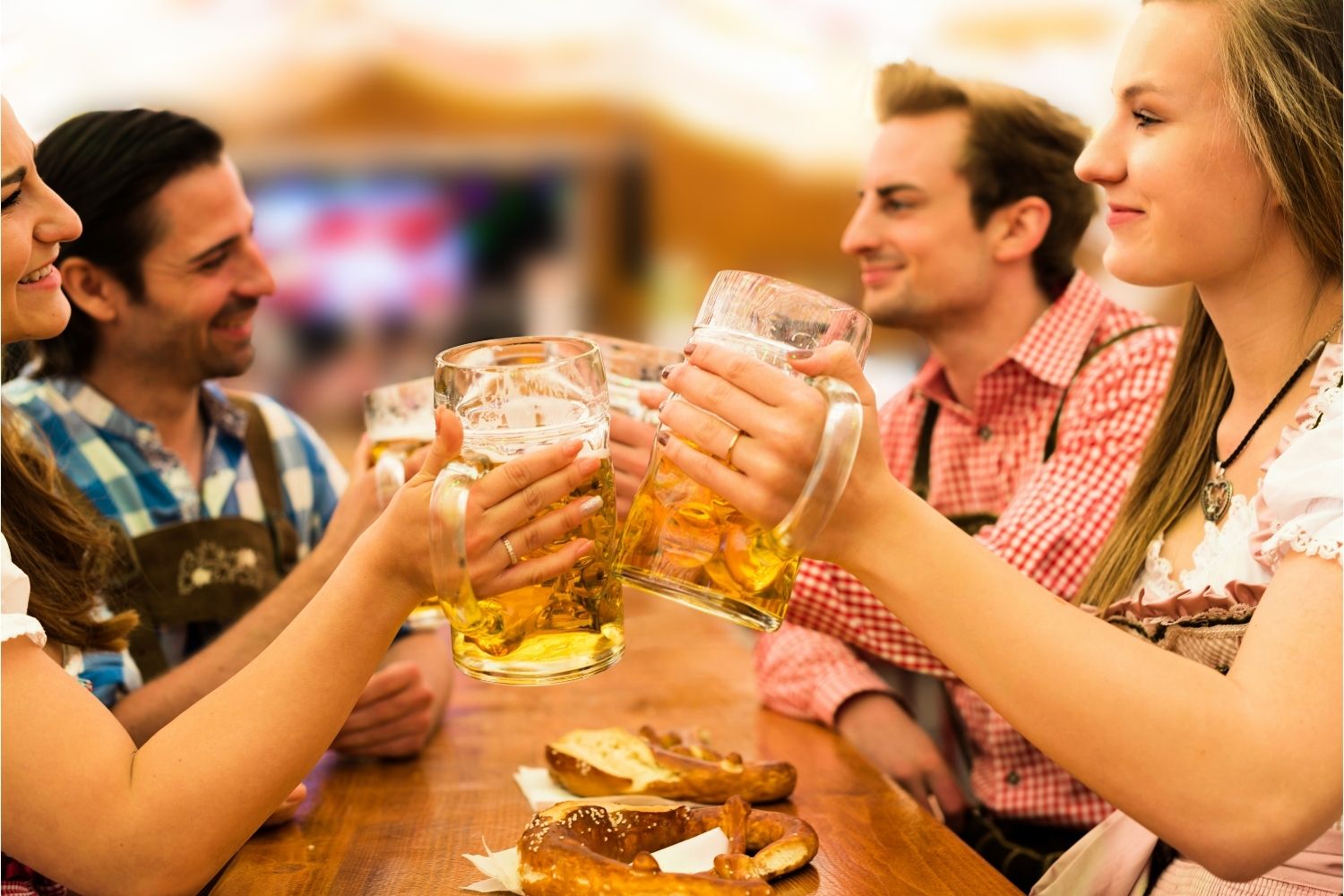For the second year in a row, Oktoberfest, in Germany, has been postponed, due to the covid-19 pandemic.

Photograph: Getty Images Pro
Cancelling this festival will interrupt the potential regrowth of Germany’s beer category, which declined by 5.1% in volume terms in 2020, reducing to 7.7 million litres, according to data and analytics company GlobalData.
Holly Inglis, beverages analyst at GlobalData, said: “Germany’s beer market continues to witness declines, which in 2020 was fuelled by covid-19. Although many across the globe were looking forward to Oktoberfest after it was cancelled last year, its postponement in 2021 emphasises the gloomy outlook for Germany’s beer sales this year.”
In GlobalData’s latest survey, more than one in ten (16%) of German consumers have stated that they have stopped buying beer in the retail channel, highlighting the potential of a long-term downward trend for consumption of the category.
However, breweries are still attempting to regain consumer focus by continuing to innovate in unique product formulations that are sustainably focused and promote Germany’s strong beer culture.
Inglis added: “Germans are avid consumers of beer all throughout the year. However, year-on-year there are peaks, especially in quarters two and three, with the latter boosted by consumption from Oktoberfest, which sees both national and international consumers come from across the globe to celebrate.
“Despite this year’s cancellation, a date has been set for 2022, bringing a window of opportunity for producers. Until then, innovations such as ‘festbier’ (festival beers) have been created to celebrate the German beer culture in other ways.”
Although Oktoberfest has been cancelled, Berlin’s Beer Week Festival is still expected to go ahead in September, as well as Kulmbach Beer Week, expected to take place between July and August. Although incomparable on scale, this does present an opportunity for producers and consumers alike to come together and celebrate German beer.
Inglis said: “Interestingly, GlobalData’s most recent survey in Germany goes on to detail that 10% of consumers are actively trying to increase consumption of alcoholic beverages. Consumers interested in actively drinking more are likely encouraged by experimental variations commonly seen in other alcohol categories.
“This presents an opportunity for beer producers to innovate production lines that encompass beer with these other alcoholic beverage categories, such as through flavour or occasion-based trends. However, given the legacy of German beer culture, which prides itself on traditionalism, this may pose a challenge.”



